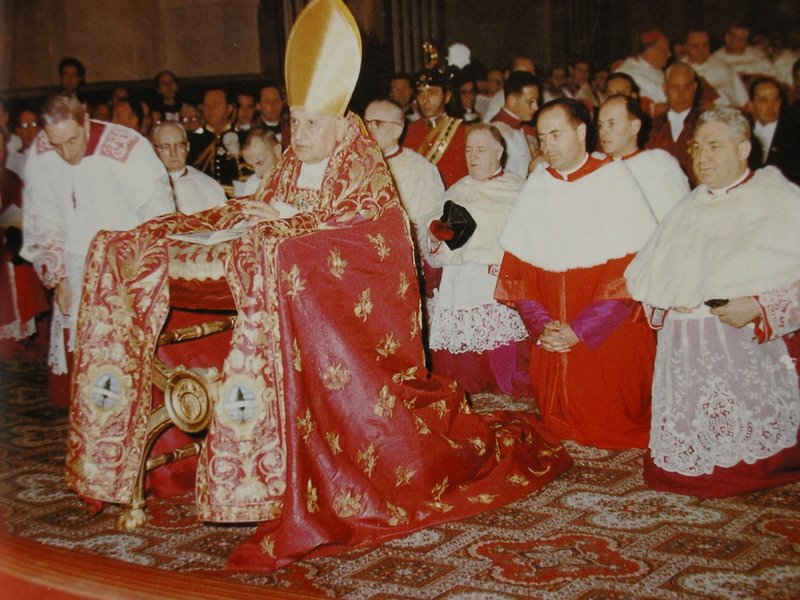We know that the communist dream ultimately failed. But it is also true that the dream led to the creation of states that were viable throughout much of the Twentieth Century. Why did the dream survive for so long? A large part of the answer is that communism changed, first in the Soviet Union and East Europe and later in China, into a phenomenon the great Czechoslovak dissident, Vaclav Havel, called “post-totalitarianism.” We will read Havel’s provocative essay “Power of the Powerless” and see why he offers a useful way of distinguishing between the extremes of Stalinism and Maoism and the less draconian regimes that came afterward.
21. Wednesday, March 30
Discussion: Trying to rescue Communism. Trying to renew Communism.
Death is not only a time for mourning. It is a time for renewal. (LISTEN) In 1953, a single event changed the communist world forever: Stalin died! In 1976, another communist leader performed the same heroic act: Mao Zedong died.
Stalin’s and Mao’s successors, Nikita Khrushchev and Deng Xiaoping, attempted to renew the communist dream by returning to its essentials. Two questions: 1) how did they propose to renew the dream? and 2) could the dream be renewed?
- Nikita Khrushchev, “Secret Speech at the Twentieth Congress of the Communist Party of the Soviet Union,” February 25, 1956. READ AND PRINT
- Archie Brown, The Rise and Fall of Communism, Ch. 13 and pp. 438-44.
- Deng Xiaoping, “The “Two Whatever Policy” does not accord with Marxism,” May 24, 1977: READ AND PRINT
22. Monday, April 4
Contending Policy Briefs: “Holy Father, you’re going too darn far for the Church for the Church as an institution!”

Why am I having you read about reforming the Catholic Church?
John Teicher, “Why is Vatican II so important?”: READ AND PRINT
Your second essay assignment is HERE
23. Wednesday, April 6
Visit to the Rare Books Room, Hesburgh Library
Natasha Lyandres, Director of the Collection, will share with us some of the Library’s archives on dissent in the USSR.
24. Monday, April 11
During this week, we will discuss Vaclav Havel’s brilliant “Power of the Powerless, “Open Letters”
- Read Chapters 1-11.
- “Declaration of Charter ’77,” January 1, 1977: HERE (Read and Print)
25. Wednesday, April 13
Visit by Michael Mears
- Archie Brown, Rise and Fall of Communism, chapters 20 and 24.
26. Monday, April 20
FILM: “The Lives of Others”